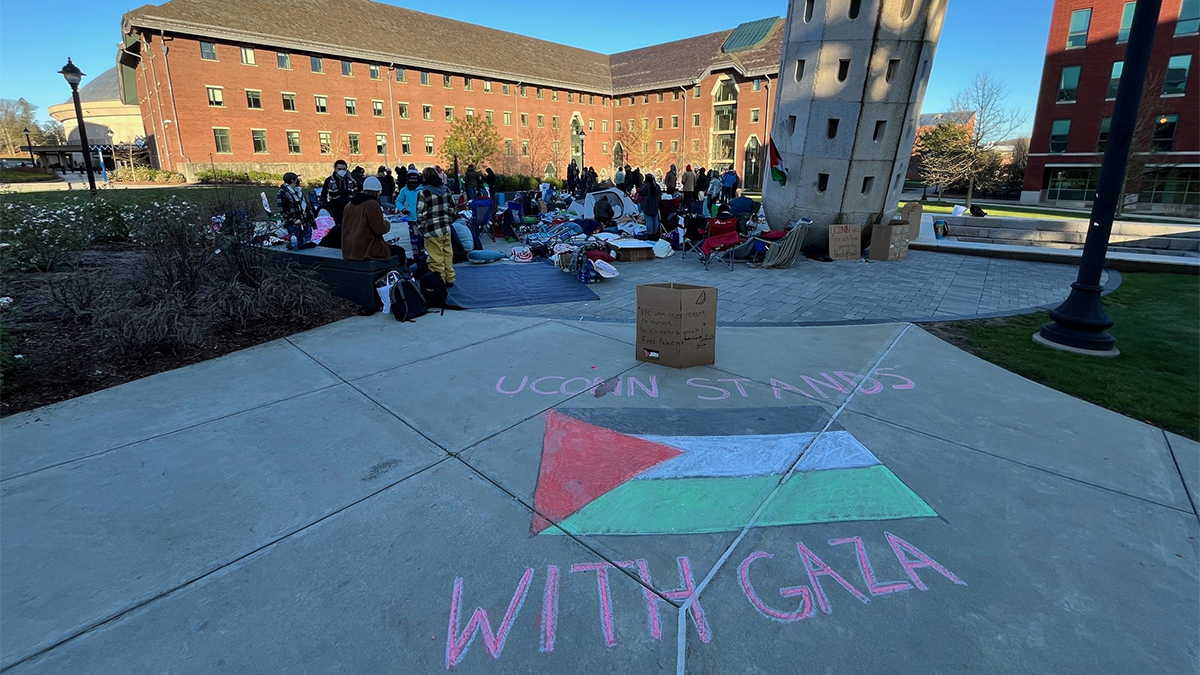When asked how she’s doing, Amy Luciani answers the question slowly: “I’d say we’re doing okay.”
Luciani is a registered respiratory therapist at Yale New Haven Hospital. One day recently, a number of patients needed help all at once.
“Normally you don’t have that many that fast, and patients seemed to be deteriorating rapidly and requiring a higher level of care, more than they ever have.”
That’s when she knew COVID-19 was striking in a way no respiratory virus had before.
“This is what other hospitals are experiencing, it’s hitting home,” she said.
Hospital officials say they’ve prepared for this. Now six weeks in, staff say although it’s stressful, they’re managing.
“We were in some ways sort of a little lucky to have an opportunity to see and learn and watch,” said Dr. Andrew Ulrich, who oversees the Emergency Department for Yale New Haven Health’s New Haven, St. Raphael and Shoreline Hospitals.
Local
Those lessons from nearby states that helped them plan for an influx of patients and reduce the spread. One way is making room at Smilow Cancer Hospital for COVID-19 patients. They’ve also increased telemedicine and began treating patients at other clinics and private offices who would otherwise come to the emergency departments.
“Because of that great preparation we have not yet gotten to the point that we see or hear about or get the pictures of New York, where they’re in the hallways or can’t even get into the building,” said Ulrich.
Photos: Yale New Haven Hospital Staff Continue Front Line Work
“There are times during the day when we may get a lot very suddenly in a short period of time and we have to flex up which puts a strain on us for a short period of time but we have everything we need to take care of these patients.”
Still, their numbers are growing.
“Not only are we seeing more, but the ones we are seeing are sicker and require a lot more intensive care while they’re in the department, and as well getting them upstairs into the hospital,” said Ulrich.
And often, that’s where Luciani comes in.
“We attach the ventilator right away, we minimize droplet exposure we wear protective ware,” she said. “We have a system with how we put on the equipment and take off the equipment and it’s done very methodical.”
They say they have enough ventilators and equipment for now. What’s missing are the families of patients.
“I know it’s frustrating,” said Luciani, who say she knows it’s frustrating for family who want to be there.
“I want the people at home to know that we are trying our best, we are taking care of their loved ones. I know it’s stressful but we’re doing all that we can.”
These frontline workers are finding their support in family, friends and each other. And she asks people at home to do their part to help by staying home and keeping social distance.
“You have to slow down and take your time and you have to realize this is not going to be forever we are going to get through it,” said Luciani.



